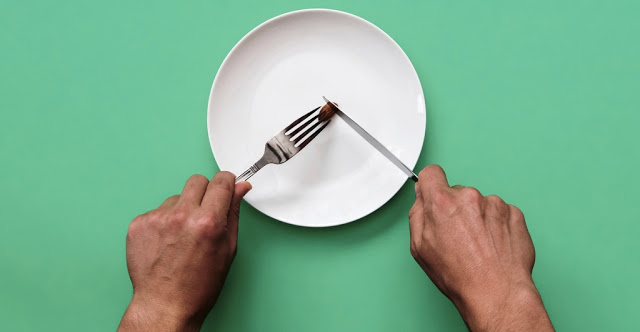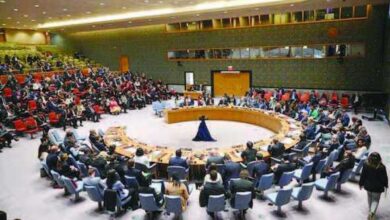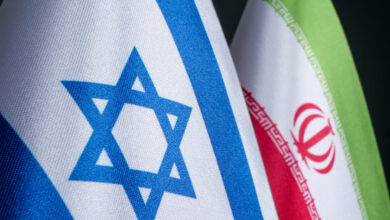During Ramadan, eating too little can stress the body

DDHK. ORG – Eating too little while fasting in Ramadan can stress the body. United Arab Emirates (UAE)-based clinical dietitian Sara Abdelghany says eating too little during Ramadan will slow down your metabolism and make your body stress.
Reporting from Republika, the nutritionist at HealthBay Clinic Dubai explains, when humans don't get enough food, the body goes into "starvation mode".
It can reduce the body's metabolism to ensure normal physiological functions.
“Food is a physiological need for the body. Under 'stressful' conditions such as fasting, the body is programmed to lower its metabolism and physiological functions to help us survive," said Abdelghany.
during Ramadan, Muslims refrain from eating and drinking from Fajr to Maghrib prayer. Many often use the month-long fasting period to lose weight or improve their eating habits. However, one mistake people may make is not balancing their meals and not meeting their required food intake for the day.
“During this month, if you drastically reduce your food intake, your body will go into starvation mode and lower your metabolism to survive, causing more muscle and water loss than fat loss,” says Abdelghany.
Medical studies have shown that not getting enough food forces your metabolism to slow down in order to survive. Rigorous diets, especially when combined with intense exercise, teach the body to stick to the few calories it provides making it harder to lose weight.
"Not eating enough also causes decreased energy levels, headaches, dehydration, sleep disturbances, changes in bowel movements (such as constipation), and increased hunger," he says.
Abdelghany said people should eat at least two balanced meals containing protein, carbohydrates, fats, vegetables and fruit to keep the body nourished. The body should also get snacks between meals, to help them meet the needs of macronutrients.
When eating, Abdelghany suggests consuming a source of complex carbohydrates, such as potatoes, whole wheat bread, or basmati rice; a source of protein, such as meat, fish, chicken, eggs or cheese; and vegetables and fruits which are essential for maintaining a healthy fiber intake, to support gut health, and avoid constipation and vitamin deficiencies. Eating is an important need, especially for those who have a sports routine.
"Our food intake must be sufficient, meaning not too little and not too much, to support exercise and optimize the energy the body needs, especially during fasting like Ramadan," said Abdelghany.
The general recommendation for exercise is between 150 and 300 minutes per week. This means you should get at least 30 minutes on five days of the week, or 40 minutes to an hour a day on six days of the week. The time, type, and intensity of exercise depend on each individual's goals, gender, weight, and physical condition.
"During Ramadan, if a person's diet is balanced, and their macronutrients are complete and well distributed, then they can follow the same exercise routine as before starting the fast," said Abdelghany. [DDHK News]



